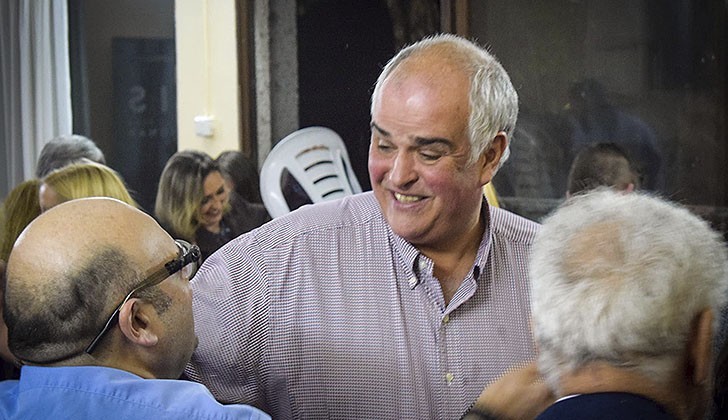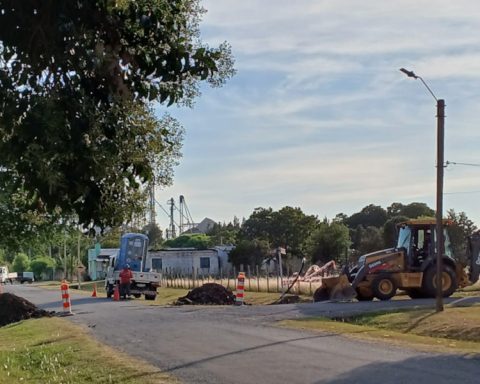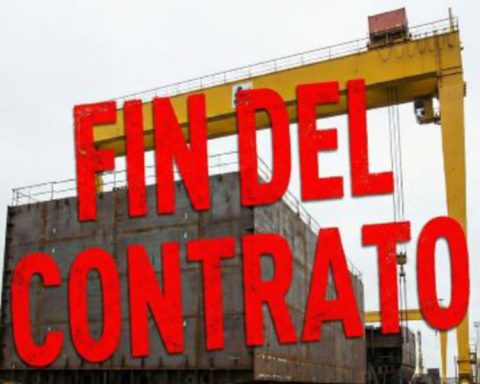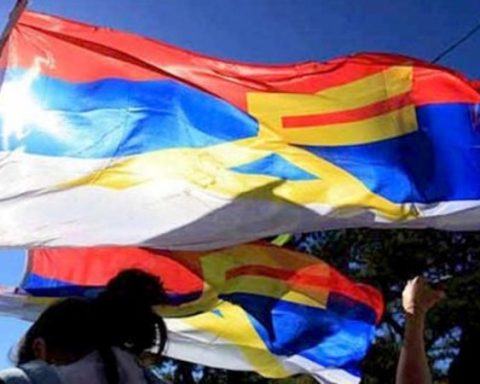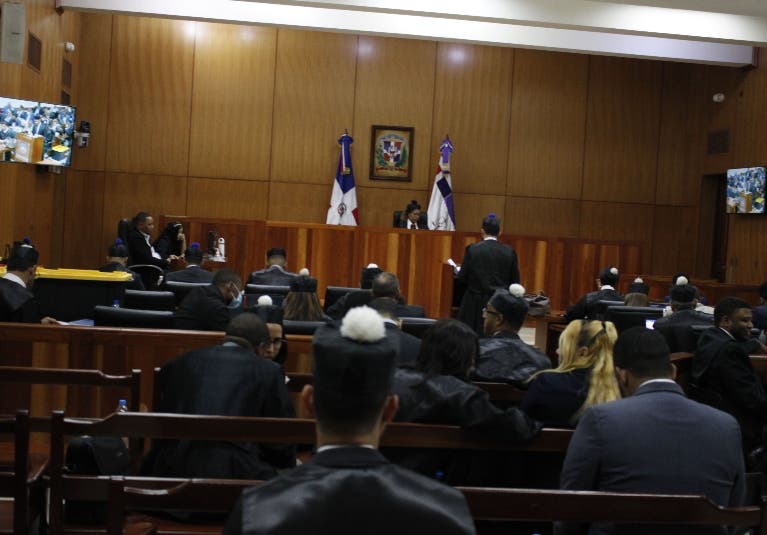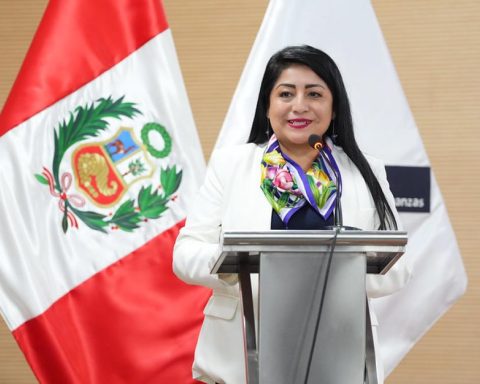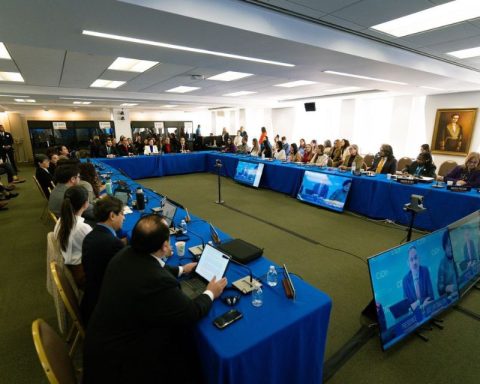
Between 2020 and 2025, the government of Luis Lacalle Pou in Uruguay has faced multiple scandals that have called into question ethics and transparency in public administration.
During this period, a series of cases of corruption and mismanagement of state resources They highlighted the vulnerability of institutions and the need for accountability, which caused concern in the population and in the political sphere.
Experts also agree that this series of cases and the position taken by the actors of the government and the coalition parties, who tried to minimize them in some cases, could have influenced the defeat they suffered against the Frente Amplio. The left-wing political group returns to power after having been in power for three consecutive governments and lost to Lacalle Pou in the last election.
Astesiano Case and the passports sold in the Executive Tower
In September 2022, Alejandro Astesiano, who served as head of presidential custody, was arrested after being implicated in a complex corruption network. The investigations revealed a pattern of clientelism and the misuse of state resources for personal benefits and those close to them.
Astesiano faced charges related to the mishandling of public information and resources, leading to a court conviction and increased attention on practices within the Lacalle Pou administration.
Marset case and the tentacle of drug trafficking in the State
This scandal revolved around Sebastián Marset, a drug trafficker whom the government had allegedly not followed closely. Authorities lied to parliament about the information they had, prompting a series of investigations to determine the truth behind the government’s claims. Additionally, key public documents related to the case were destroyed in order to conceal relevant details. As a result, several senior officials resigned, and the justice system continues to investigate the irregularities.
Penadés Case: The accusations of sexual exploitation of minors against former nationalist senator Gustavo Penadés had a strong impact on the political sphere. It was alleged that he used the state apparatus abusively for personal gain. This scandal was intensified by the public defense he received from Lacalle Pou and the former Minister of the Interior, Luis Alberto Heber, which generated suspicions about the influence that political power could exert in judicial matters.
Delivery of housing to Cabildo Abierto activist: Former housing minister Irene Moreira was involved in a case of political favoritism by discretionarily giving a home with an option to purchase to a member of her party, Cabildo Abierto. This act of clientelism triggered Moreira’s resignation following public and political pressure, and it was discovered that there were more similar cases in housing management, which intensified scrutiny over the distribution of state resources.
Espionage in democracy: A case of espionage came to light when a retired military officer was convicted of requesting information about senators Charles Carrera and Mario Bergara from the former head of presidential custody. This monitoring raised concerns about misuse of information and violation of privacy in the political context, as the reasons behind the interest in these senators remain ambiguous.
Water crisis: Uruguay went through one of the most severe water crises in its history, evidencing the government’s lack of preventive and reactive measures. During this crisis, record levels of salinity were recorded in drinking water and the alternatives implemented were criticized as insufficient. The Arazatí project proposal, which was promoted by the Lacalle Pou administration, was questioned due to its environmental impact and the preference to benefit a private consortium instead of advancing with the Casupá project, left almost ready by the previous government.
Ministry of Tourism Case: During the pandemic, the Ministry of Tourism hired NETCOM, an Estonia-based digital advertising company, directly without conducting a bidding process. This fact sparked criticism about the lack of transparency in the management of public funds. The court determined that the Ministry had to pay 20 million pesos to NETCOM, and several leaders resigned in the wave of scandals derived from the contracting.
Clientism in Salto Grande: In the Mixed Technical Commission of Salto Grande, several members of the National Party were hired arbitrarily in violation of the decision of parliament. Despite the seriousness of the situation, only the president of the commission, Carlos Albisu, resigned, which showed a lack of responsibility and a culture of impunity regarding hiring in the public administration.
Artigas Case: This scandal involved former mayor Rodolfo Caram and his relatives, accused of diverting public funds through excessive overtime payments in the commune.
